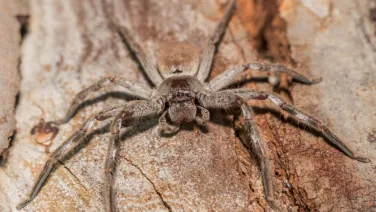
Mikheyev Group - Evolutionary genomics
Our research actually spans may study systems and research questions. But the evolution of honey bee parasites and diseases and is a major focus.
About
Bee projects
Australian bee observation network (ABON)
Varroa mites (Varroa destructor) are parasites that have decimated honey bee populations around the world. Much of our work has involved using the mite-bee relationship to study fundamental processes in evolution, particularly host-pathogen dynamics. These mites were discovered in Australia in 2022 and have now become established. By being the last continent to be invaded, Australia has a unique opportunity to study the impacts of Varroa on honey bees and coevolution between hosts and pathogens more generally. We have launched a citizen science campaign to collect data on honey bees before and after Varroa. You can find more information on the ANU College of Science website.
Funded Ph.D. positions to study bees
We have two funded Ph.D. projects available via the CSIRO iPhD program, which come with a generous stipend and research funds. One of the projects involves data analysis from the ABON project, and the other aims to breed native stingless bees to become better pollinators. If you are an Australian/New Zealand citizen or permanent resident, please contact Sasha Alexander Mikheyev.
Other projects
Lord Howe Island stick insect conservation
Working together with Zoos Victoria, we have been engaged in key genetic work on the conservation of the Lord Howe Island stick insect (Dryococelus australis), a critically endangered animal that was exterminated on its home island by rats. It now exists in captivity and on a tiny outcrop near Lord Howe Island. Recently, the rats have been exterminated and there are exciting opportunities to reintroduce the stick insects back to their native habitat.
Awards
Publications
You can see our publications Google Scholar.







